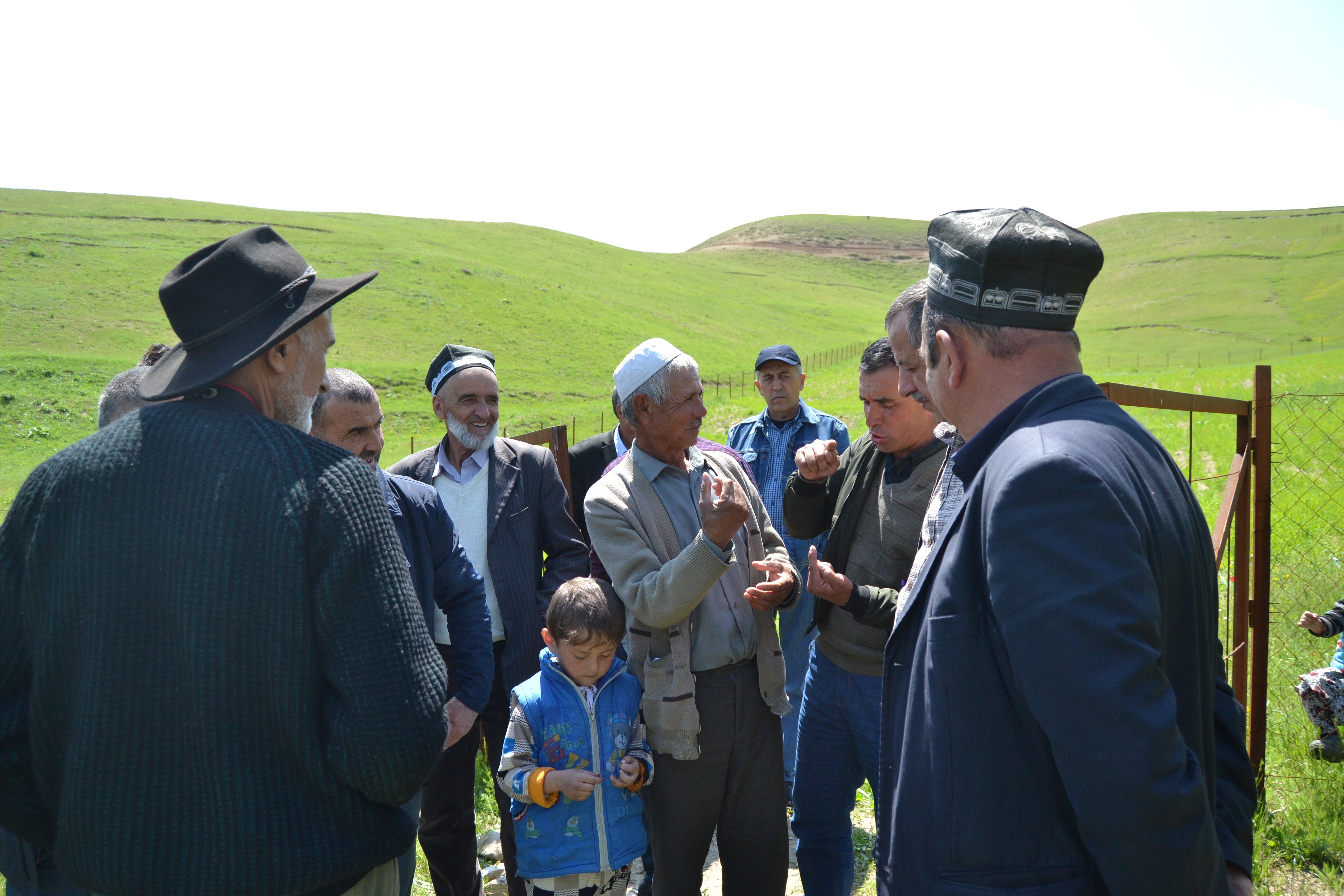

Creating a learning environment that suits to adult education is a crucial point. Learning needs to be seen as a communicative and thought exchanging process among adults who respect and support each other. Contradictions will occur repeatedly during FFS. It is important to take these up and clarify them in a bottom up approach. In a high-quality learning process farmers need to solve and answer challenges and questions among themselves. This will allow farmers to create new ownership and be emancipated. It enables a process that leads to a local group of farmers building trust, widening their agro-ecosystem knowledge and learning from each other at a personal level.
Following Jürgen Habermas theory adults mainly learn from three reasons: Work, social interaction and power. To keep this in balance and initiate a group process where learners find an intrinsic motivation the workshops need to be facilitated by the right trainers.
Trainers need to facilitate rather than teach or train. They do not only need technical skills but must be open minded and need to take adult education seriously. During the workshops there will be a learning process that needs to be adjusted to changing needs of the participants. This can then lead to the right practical and participatory adult education.
Trainers who facilitate through FFS are essential. Therefore, they need to:
- Adapt to changing needs and work on the bottom up approach of FFS by heart.
- Be able to lead a learning process without taking the lead with teaching.
- Help the group to find a consensus and what actions need to taken.
- Be confident about the philosophy behind the implemented techniques: Growing healthy crops in a complex agro-ecosystem while respecting natural resources.
- Mentor and support farmers to learn on their own and use participatory appraisal tools.
- Try to avoid or reduce hierarchy in the group.
- Facilitators must be convinced of techniques taught.
- Facilitators need to be involved in a learning process and should discuss this with the group.
- Paradigms are hard to change: Learning process needs to be facilitated with enough time and good practice examples.